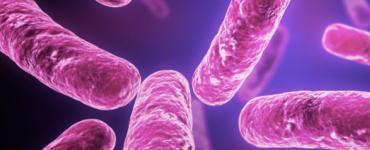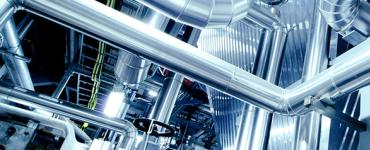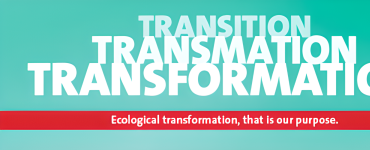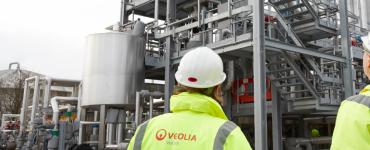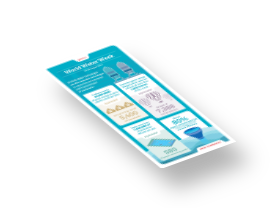Waste to Energy Water Treatment
Environmentally friendly biodigestion that creates energy from waste.
What is Waste to Energy?
Waste to energy (WTE) is all about deriving usable forms of energy, such as heat and electricity, from non-recyclable waste. For example, waste derived from water treatment can be processed to derive both organic materials for compost along with biogas that can be used for energy.
Veolia WTE Systems
Veolia's innovative, continuous sludge reduction systems use thermal hydrolysis along with anaerobic digestion to reduce the amount of sludge while maximising odourless biogas production. Thermal hydrolysis makes the sludge more digestible to microbes in the anaerobic digestion phase of treatment. Systems deliver a significant reduction in the resulting dry matter and up to as much as 50% increase in odourless biogas production.
Benefits of Waste to Energy
Our future waste management challenges bring about the need for creative solutions to deal with the ever-increasing volume of municipal solid waste that requires treatment and disposal. Waste to energy systems help us to meet these challenges:
- Produce usable energy which is more environment-friendly
- Avoid waste disposal costs
- Avoid the emitted carbon that would be created from fossil-fuel-based energy generation
- Reduce reliance on fossil fuels
- Ensure stable energy availability and price

